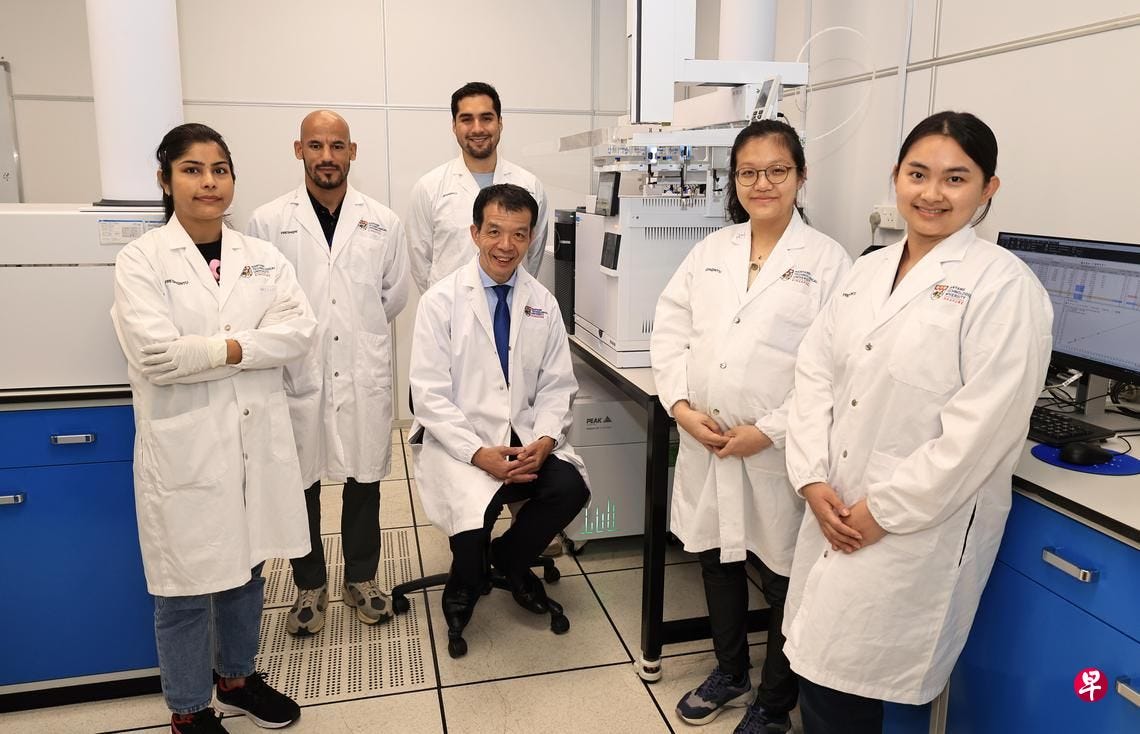Translation:
FRESH Collaborates with WHO to Revolutionize Food Safety with Cutting-Edge Technology
This year, the Future Ready Food Safety Hub (FRESH) has joined forces with the World Health Organization (WHO) to introduce a groundbreaking system known as New Approach Methodologies (NAMs). This innovative approach aims to transform how food safety standards are assessed, ensuring faster, more accurate, and cost-effective evaluations for novel food products.
NAMs combine:
Big Data Screening: Leveraging advanced analytics to evaluate food ingredient risks.
Simulation of the Human Digestive System: Using living species to simulate human digestive system and identify potential allergens.
Organ-on-a-Chip Technology: Conducting toxicity testing with precision and reliability.
The initial phase of testing will focus on alternative proteins (such as insect proteins), cultivated meat, and plant-based meat—products that are gaining traction as sustainable food sources.
A Global Standard for Food Safety
WHO plans to adopt NAMs and integrate them into global food safety evaluation guidelines. This move is expected to streamline risk assessments, making them more efficient and accessible worldwide.
Professor William Chen, Director of FRESH, highlighted the significance of this collaboration: "Currently, there is no one-stop platform for conducting comprehensive risk assessments of food ingredients. NAMs bridge this gap by combining advanced technologies with global regulatory frameworks."
Addressing Challenges in Novel Food Safety
One of the key challenges in food safety is the lack of standardized assessment criteria for novel foods. To tackle this, FRESH has installed in vitro digestion systems that simulate the five stages of the human digestive system. By leveraging a vast database of known food risk data, the system can identify allergens and byproducts that may affect specific population groups with unique dietary sensitivities.
Professor Chen emphasized the advantages of NAMs: "Not only do they reduce reliance on traditional animal testing and lower costs, but they also shorten testing timelines from years to just months. Additionally, NAMs can assess the nutritional value of food ingredients, providing consumers with better insights into novel foods."
Singapore’s Leadership in Alternative Proteins
In July 2024, the Singapore Food Agency (SFA) approved the import, production, and sale of 16 alternative protein products, including insect proteins. These products are now available in supermarkets, marking a significant step forward in Singapore’s journey toward sustainable food systems.
However, Professor Chen noted that further research is essential: "Since insect proteins are not conventional sources of human food, we need to better understand their impact on different demographic groups before they can be widely accepted as a nutrient source for future consumption."
A Vision for the Future
The collaboration between FRESH and WHO, along with the adoption of NAMs, underscores Singapore’s commitment to advancing food safety and innovation. By combining cutting-edge technologies with global regulatory standards, this initiative paves the way for safer, more sustainable food systems worldwide.
As FRESH continues to lead in this field, Singapore solidifies its position as a global hub for food safety research and innovation, ensuring a brighter future for food security and sustainability.
Read Zaobao’s Article Here.




